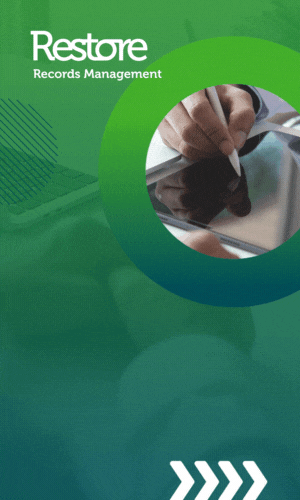Frimley Health and Care Integrated Care System (ICS) has utilised EMIS-X Analytics to identify trends, such as patient behaviours and areas of increasing demand.
Using data drawn from the local shared care record and population health tools, EMIS and Frimley ICS, have identified a 17 per cent annual rise in demand for primary care services, with demand increasing across all patient groups.
However, one specific trend from its analysis is among 18-35-year-olds classed as ‘generally well’, with the data highlighting a trend for this group to bypass primary care and instead present directly to Accident & Emergency services.
Mark Sellman, chief information officer at Frimley ICS, commented: “The population demand we’ve identified is not isolated to deprived areas, from patients who have acute health concerns or those who are elderly, it’s an increase across the board.
“When you combine this with a reducing workforce and teams that have worked flat out during the pandemic, it’s perhaps not surprising that our GP practices are struggling. We want to wrap our arms around GP practices and use data to help.
Commenting on the number of appointments and demand, Mark added: “We have too large a number of patients for the number of primary care appointments we have available, which is leading to a doubling of other patients going to A&E. The data we’ve been able to analyse through EMIS-X Analytics has given us insight that each PCN can directly respond to.
“Next, we’re going to analyse what is causing the ‘generally well’, who should initially be treated within a primary care setting, to arrive in urgent care and what interventions we can put into place.”
Alex Barnett, head of analytics at Frimley ICS, added: “EMIS-X Analytics is opening a world of possibilities for our population health management programme – we are using this data to quantify in a meaningful way how demand from different segments of the population has changed over the course of the pandemic.
“Most importantly, the insights we are generating resonate with the experiences of our clinicians on the ground and are inspiring a wealth of innovation.”





